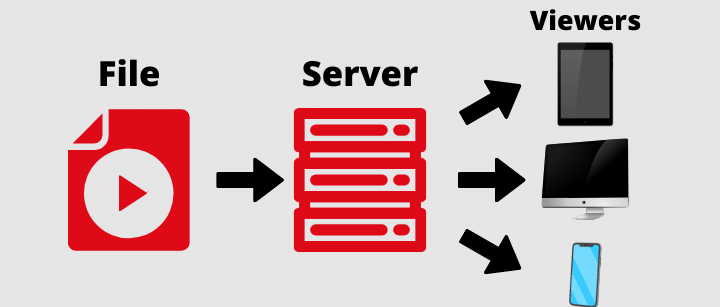Streaming Server

Unlocking the Potential of Streaming Servers in IPTV: A Comprehensive Guide
Introduction:
Streaming servers stand as the backbone of modern IPTV services, facilitating the seamless delivery of audio and video content to viewers worldwide. While often overlooked, the intricacies of streaming servers play a pivotal role in shaping the user experience and determining the success of IPTV platforms.

In this article, we delve into the lesser-discussed aspects of streaming servers in the IPTV landscape, exploring their functionalities, optimization techniques, and emerging trends.
Understanding Streaming Servers:
At its core, a streaming server is a specialized software application designed to transmit multimedia content over the internet in real-time. Unlike traditional file downloads, which require the entire file to be downloaded before playback begins, streaming servers enable users to access content continuously as it is delivered over the network. This real-time transmission allows for instant playback, reducing wait times and enhancing user satisfaction.
Key Features and Functionalities:

Streaming servers feature diverse functionalities for IPTV needs. They include adaptive bitrate streaming, content encryption, and digital rights management. These technologies ensure top performance and security. Additionally, advanced caching and load-balancing techniques optimize traffic handling, especially during peak hours. This ensures uninterrupted viewing experiences for users.
Optimizing Streaming Server Performance:
To deliver a seamless viewing experience, IPTV operators must optimize the performance of their streaming servers. This involves fine-tuning various parameters, such as bitrate settings, codec configurations, and server infrastructure. Additionally, implementing content delivery networks (CDNs) can help distribute server load geographically, reducing latency and improving overall reliability.
Emerging Trends and Innovations:
As the IPTV industry continues to evolve, streaming server technology is poised to undergo significant advancements. One notable trend is the adoption of cloud-based streaming solutions, which offer scalability, flexibility, and cost-effectiveness. Additionally, the integration of artificial intelligence (AI) and machine learning algorithms promises to revolutionize content delivery, enabling personalized recommendations and predictive analytics.
Challenges and Considerations:
Despite their numerous benefits, streaming servers also pose several challenges for IPTV providers. Bandwidth constraints, network congestion, and compatibility issues are just a few of the hurdles that operators must navigate to ensure optimal performance. Moreover, ensuring compliance with regional regulations and copyright laws adds another layer of complexity to the streaming server ecosystem.
Conclusion:
In summary, streaming servers are pivotal in IPTV content delivery, providing a reliable platform for multimedia transmission. By comprehending server technology intricacies and adopting optimization strategies, operators elevate viewer experiences and adapt to industry shifts. Additionally, ongoing innovation ensures streaming servers remain at the forefront of IPTV advancements, driving continual improvement.



0 Comments